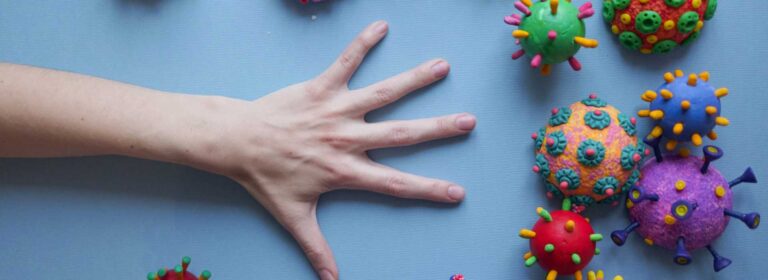Research Area
Use of Traditional Medicine for Maintenance of Health

Use of Traditional Medicine for Maintenance of Health
Peer Review of “Mobile App–Reported Use of Traditional Medicine for Maintenance of Health in India During the COVID-19 Pandemic: Cross-sectional Questionnaire Study”
Coronaviruses, a large family of single-stranded RNA viruses, can infect animals and humans, causing respiratory, gastrointestinal, hepatic, and neurologic diseases. To date, 6 human coronaviruses (HCoVs) have been identified, including the alpha coronaviruses HCoVs-NL63 and HCoVs-229E and the beta coronaviruses HCoVs-OC43, HCoVs-HKU1, and severe acute respiratory syndrome coronavirus (SARS-CoV). New coronaviruses appear to emerge periodically in humans owing to the high prevalence and wide distribution of coronaviruses, the large genetic diversity and frequent recombination of their genomes, and the increase of human-animal interface activities.
India follows a pluralistic system for strategic and focused health care delivery in which traditional systems of medicine such as Ayurveda, yoga and naturopathy, Unani, Siddha, Sowa Rigpa, and homoeopathy (AYUSH) coexist with contemporary medicine, and this system functions under the Ministry of AYUSH (MoA). The MoA developed a mobile app, called AYUSH Sanjivani, to document the trends of the use of AYUSH-based traditional and holistic measures by the public across India. Analysis of the data generated through this app can help monitor the extent of the use of AYUSH measures for maintenance of health during the COVID-19 pandemic and aid effective health promotion and communication efforts focused on targeted health care delivery during the pandemic.
The findings of this cross-sectional analysis assert that a large proportion of the representative population practiced AYUSH measures across different geographic locations of the country during the COVID-19 pandemic and benefitted considerably in terms of general well-being, with a possible impact on their quality of life and specific domains of health.
Yoga
Peer Review, Cross-Sectional Study
2021
JMIR Publications
https://xmed.jmir.org/2021/2/e25703/
ayush sanjivani app, covid-19, traditional medicine, ayurveda, siddha, unani, homeopathy
10.2196/29634